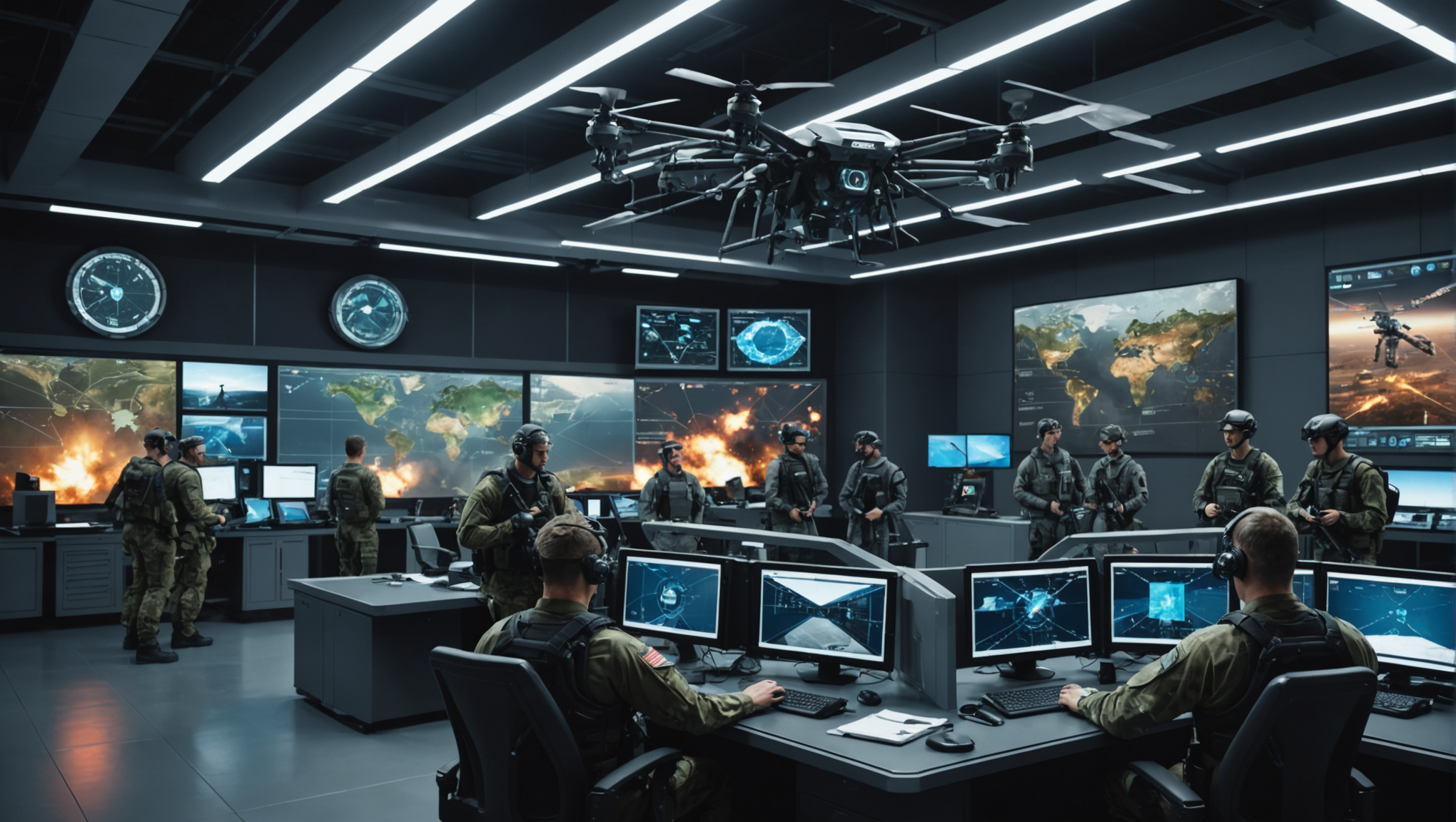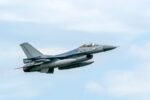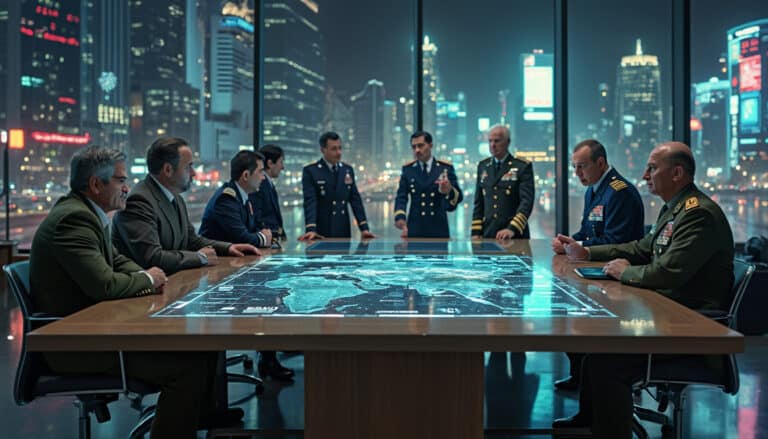In a constantly evolving geopolitical context, the quest forinnovation within the defense technologies proves crucial to guaranteeing the security of nations. The emergence ofartificial intelligence, autonomous systems and advanced communications networks are redefining military strategies, while raising questions about the repercussions ethical And legal. This dual challenge of innovation presents both an opportunity for modernization for the armed forces and a challenge to face in the face of increasingly sophisticated adversaries.
At the heart of this subject, the military programming law 2024-2030 demonstrates a desire to integrate the most recent technologies while ensuring that they meet the operational needs of the field. Armament projects evolve, but they must also align with contemporary realities and requirements. The issues therefore go beyond the simple technological acquisition ; they generate real reflection on the future of human and military interactions, while weaving a link between innovation, national sovereignty and the overall security.
There defense technology is rapidly changing, driven by geopolitical developments, emerging threats and scientific advances. At the heart of this transformation, artificial intelligence (AI) is emerging as a major driver, promising to redefine the battlefield modern and to reinvent the art of war. From May 22 to 25, a major conference dedicated to these innovations was held, bringing together military experts, scientists and high-tech companies.
Table des matières
ToggleNew technological trends in defense
The latest statistics reveal that in 2022, the budget allocated to defense innovation meant an increase of around 20%, reaching a total of €1 billion. This development demonstrates the commitment of governments to invest in cutting-edge technologies to strengthen the operational capabilities of their armed forces.
An integral part of this dynamic is the integration of autonomous systems in military operations. From reconnaissance drones to UAVs (unmanned aerial vehicles) used in the field, autonomous technologies make it possible to execute risky missions with unparalleled precision. For example, the use of drones by the US military in interventions in the Middle East has demonstrated the effectiveness of these technologies. According to recent studies, the use of drones has reduced human losses by 80% during military operations.
Economic issues and ethical imperatives
Beyond technical considerations, the emergence of AI and defense technologies raises economic issues And ethical considerable. Modern conflicts involve not only military issues, but also economic interests. Increasing defense budgets may bring benefits to the tech industry, but also raise questions about the distribution of public resources. Governments must find a balance between security needs and support for sectors such as health or education.
Furthermore, defense technologies, such as autonomous weapons systems, lead to complex ethical reflection. The automation of military decisions can raise concerns about liability in the event of an error. Who has the last word: AI or humans? It is a dilemma that requires regulation adequate, as well as security policies that take into account the societal implications of new technologies. A special issue of the magazine Innovations, war and peace offers in-depth reflections on these aspects.
The importance of open innovation in defense
To face growing challenges, open innovation presents itself as a crucial paradigm to adopt in the defense sector. Rather than restricting innovation to large arms companies, the armed forces must open up to innovative start-ups and SMEs. The example of the Anduril company, which is recruiting massively to develop unmanned aerial fighter systems, illustrates this change. In line with new trends, this approach makes it possible to integrate technologies from the private sector, which are often more agile and responsive to market developments. This dynamic could also inspire other countries, as shown by the initiatives taken by governments to modernize their defense capabilities.
To optimize this open innovation approach, government agencies must encourage dialogue with start-ups, organize hackathons, and provide financial support to promising projects. This would contribute not only to a more dynamic defense ecosystem, but also to the emergence of solutions adapted to modernized operational realities.
The report of the military programming law 2024-2030 reaffirms the urgency of this strategy, emphasizing the importance of diversifying sources of technology and modernizing the armies taking into account contemporary needs.

📗 Le rapport de @christoblanchet et @MartineEtienne_ sur le rôle de l’#éducation et de la #culture dans la #défense nationale est en ligne 👉 https://t.co/BQRAZH2a1I.#DirectAN pic.twitter.com/j6GkTu2dvX
— Commission de la Défense (@AN_Defense) June 3, 2024























